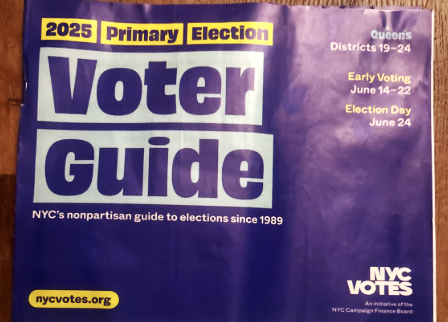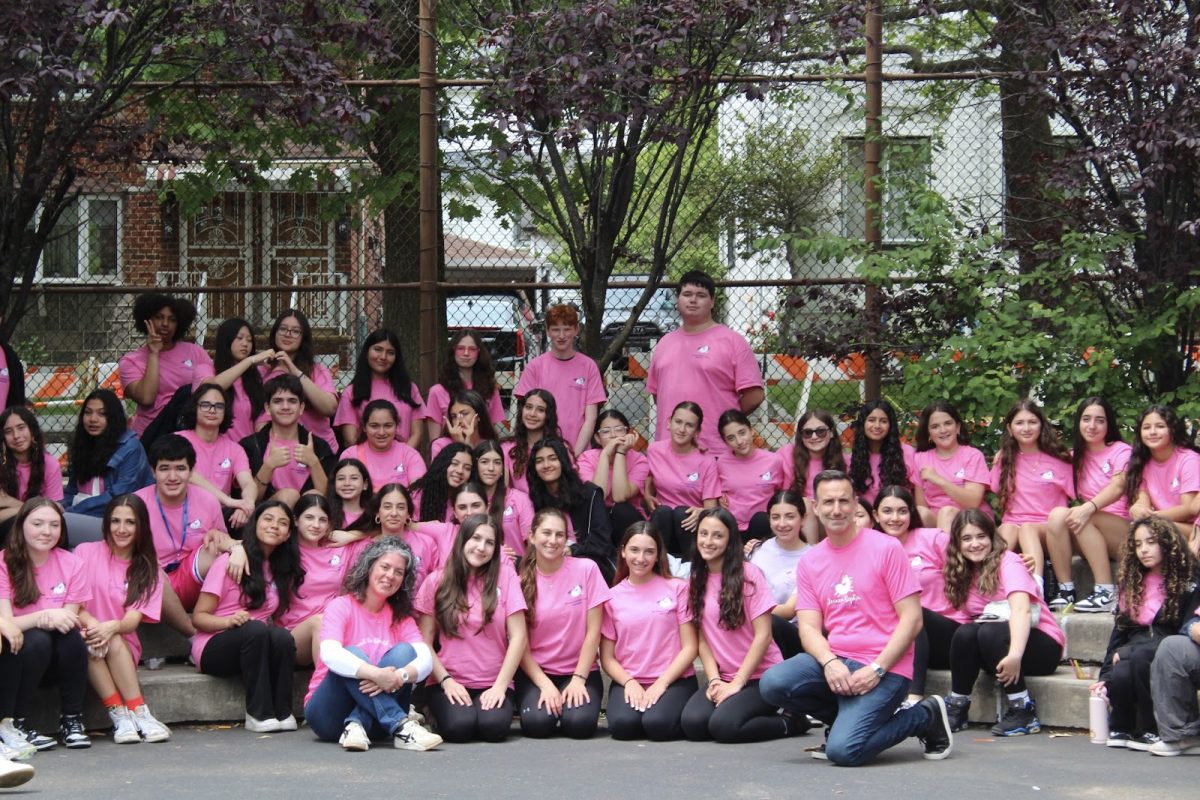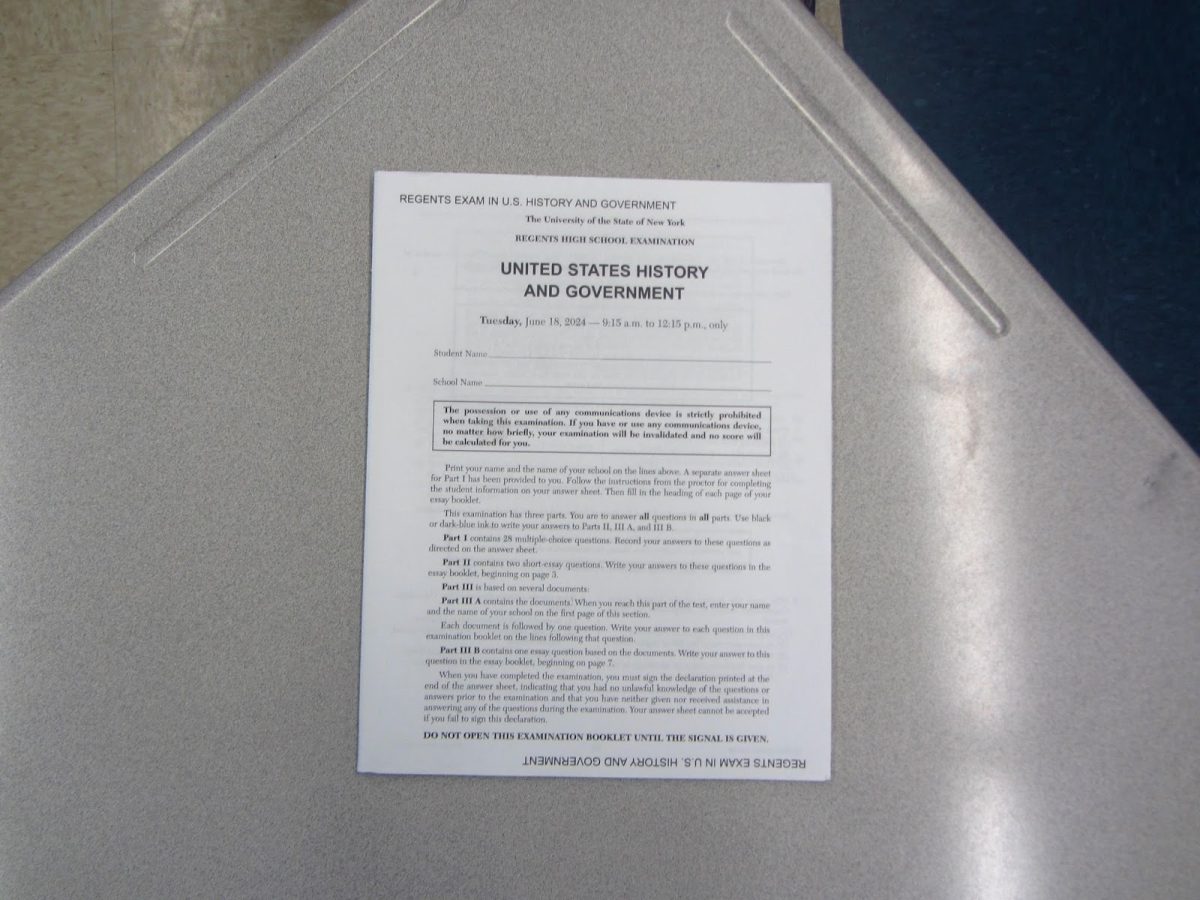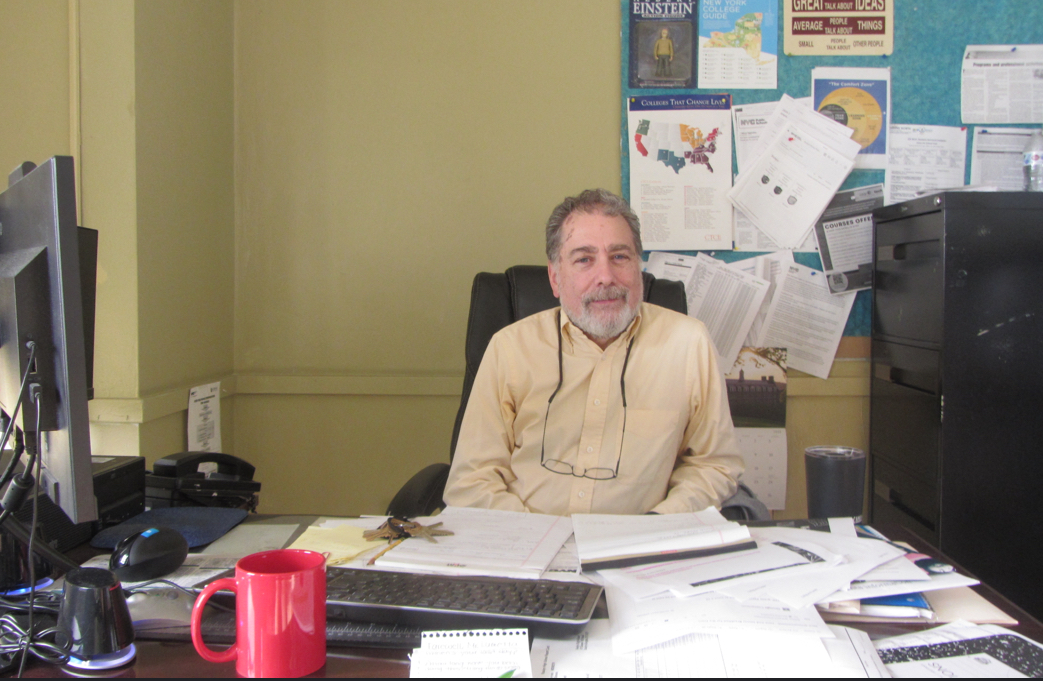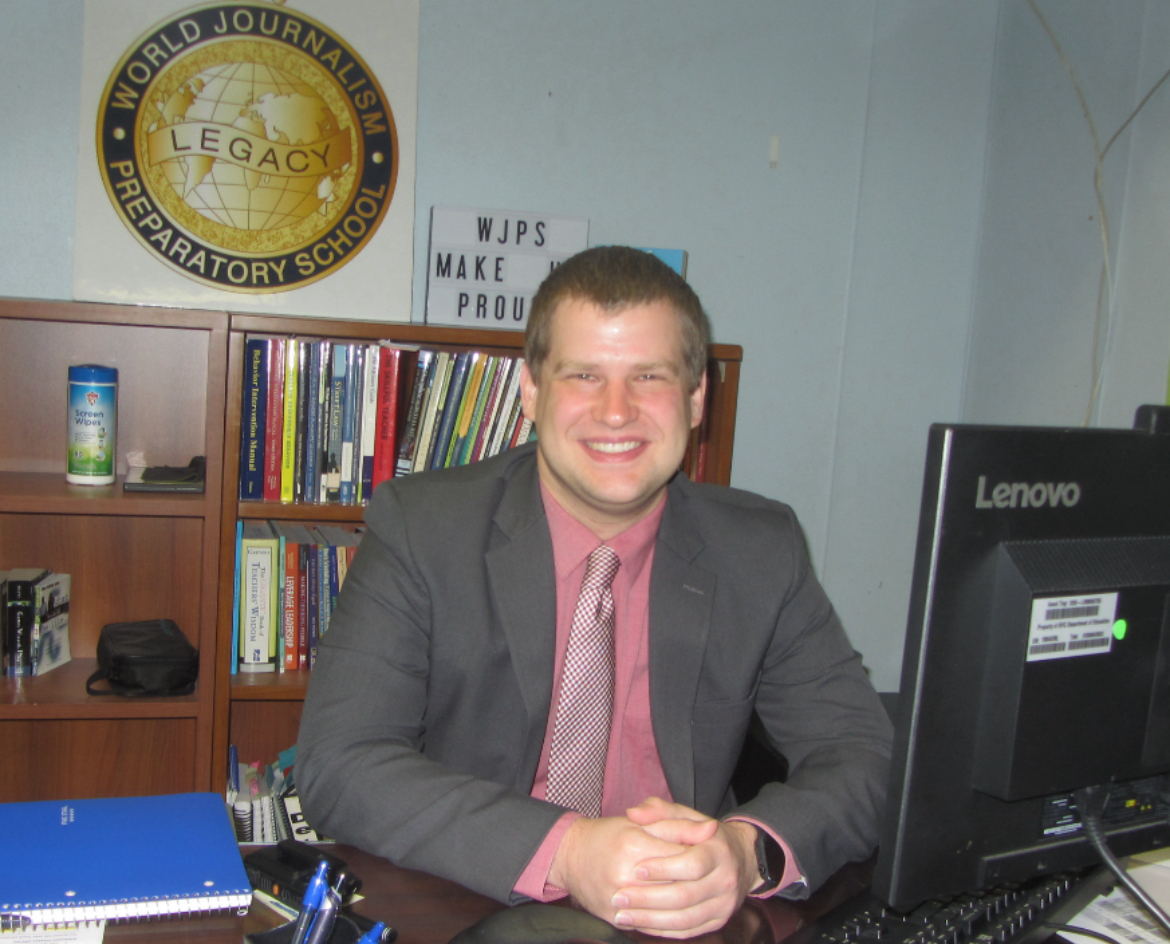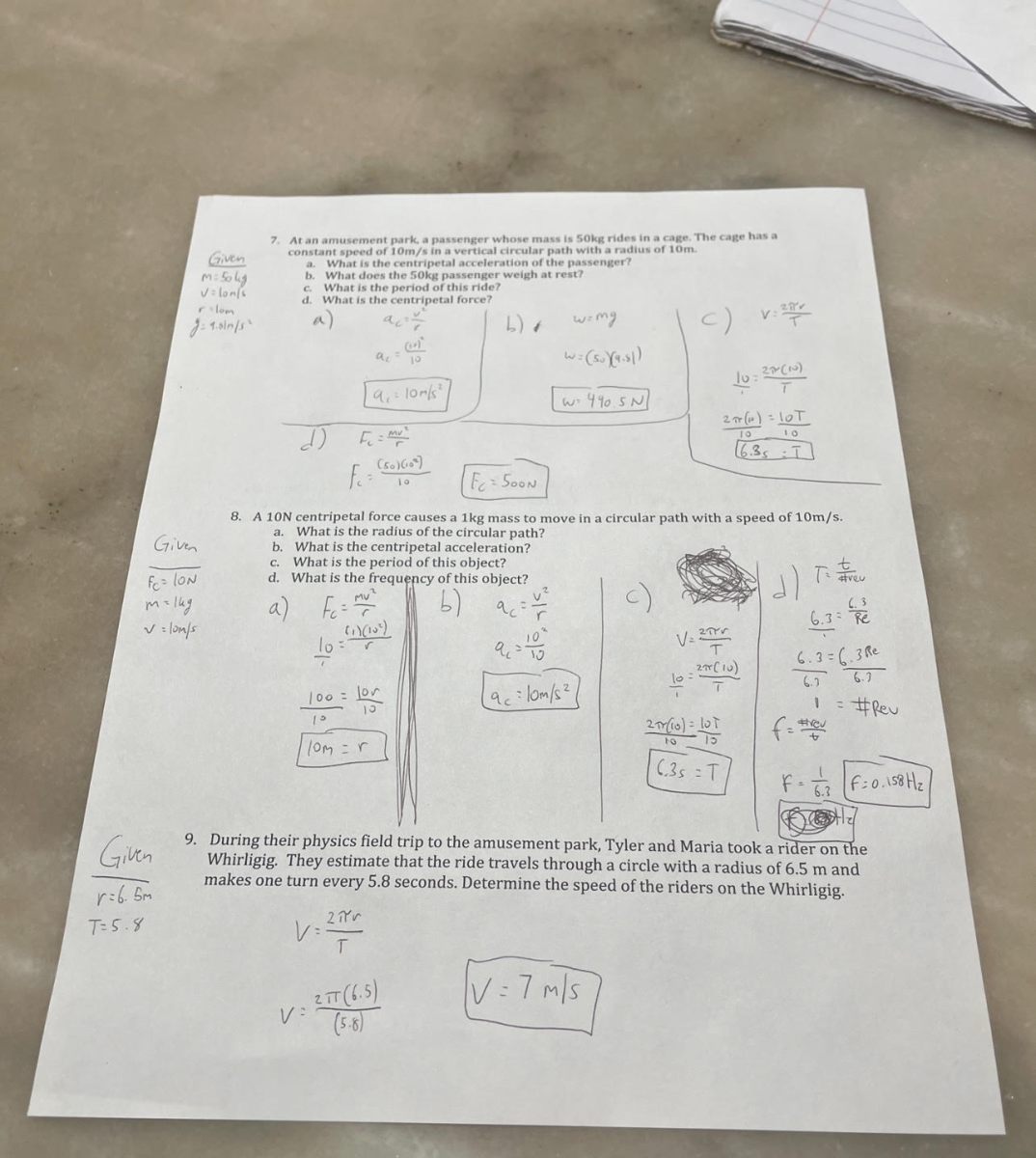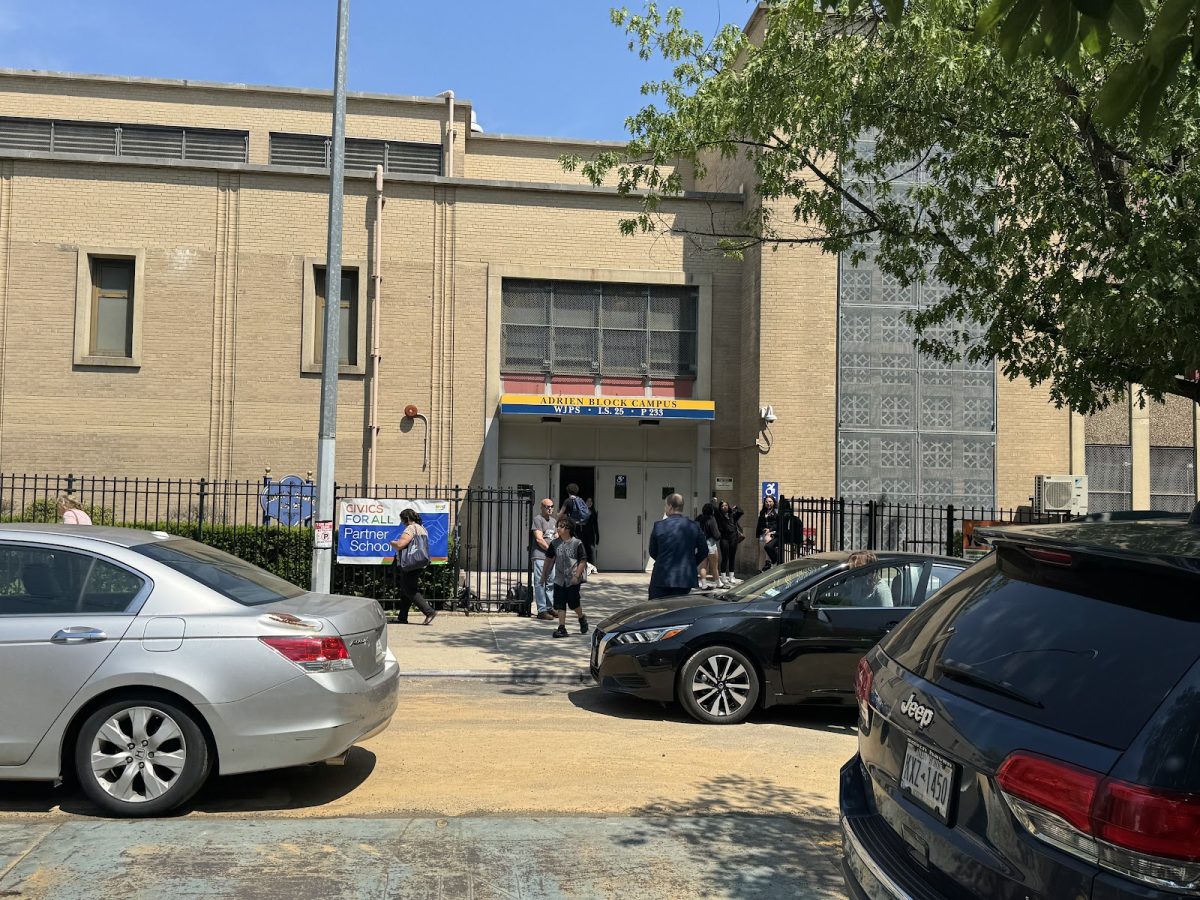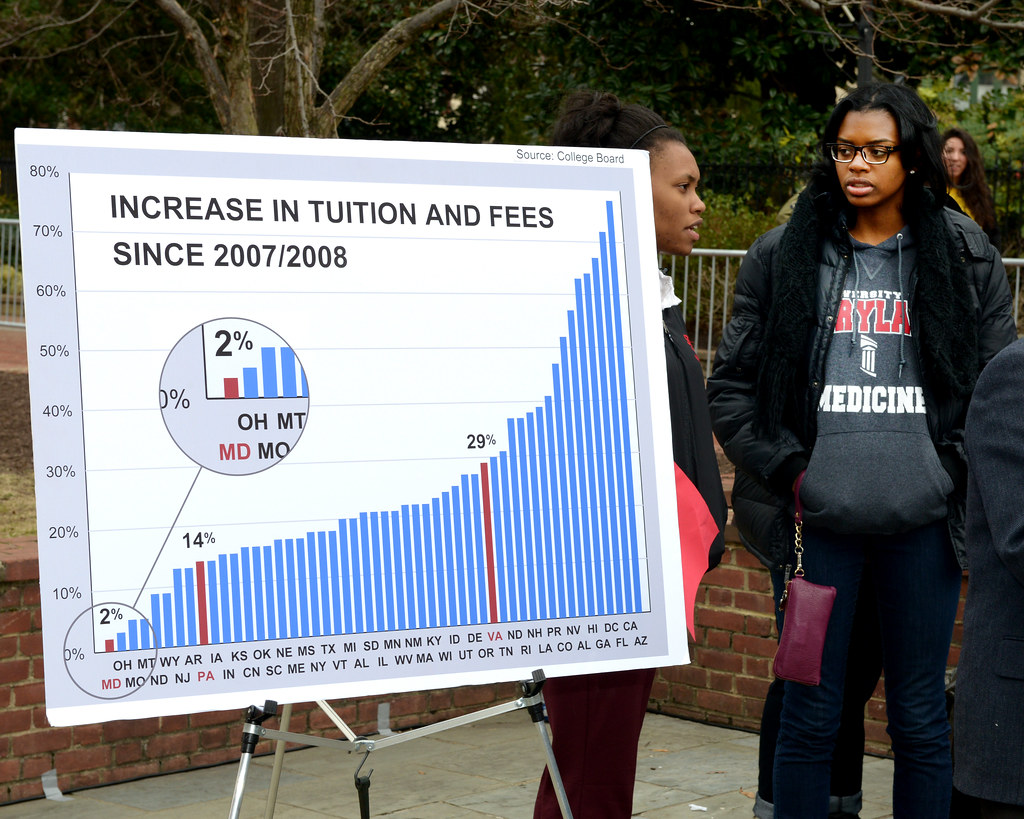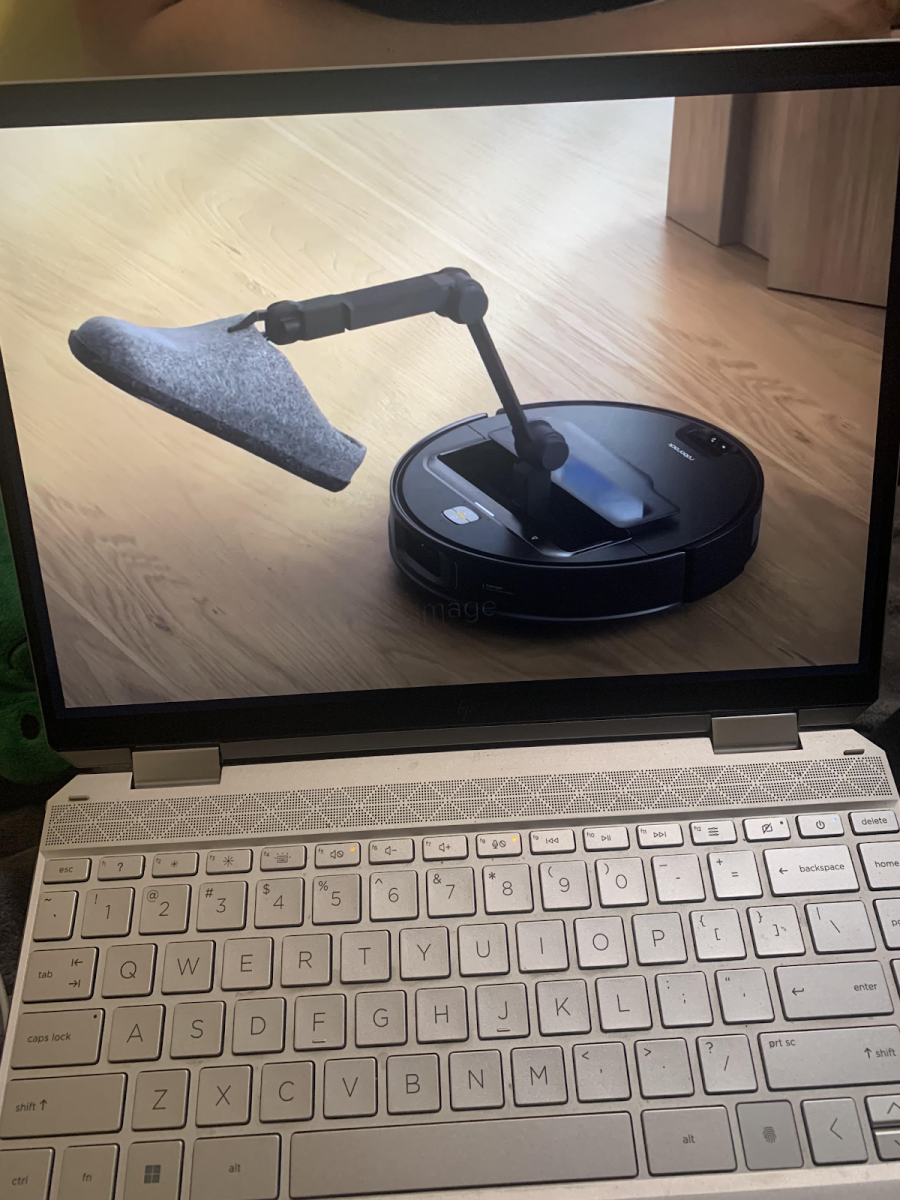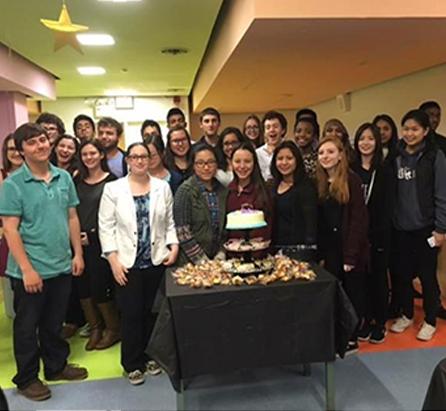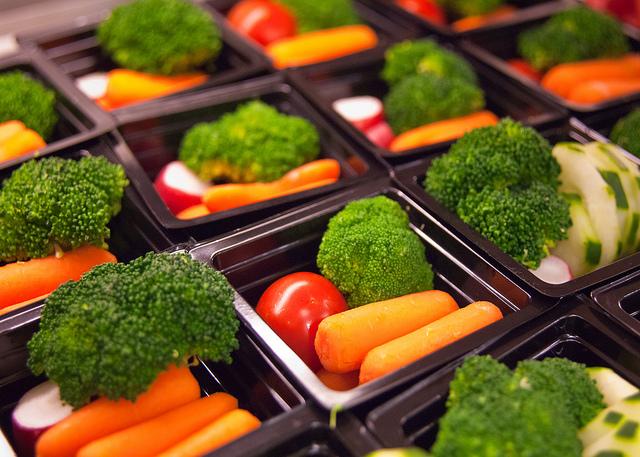by Alice Mungyu and Ruchi Vaidya, staff reporters

Preparing for the SAT is a complicated and tedious task, especially when students are already drowned in homework, projects, and after school activities.
“It’s pretty hard to study for the SAT, but I just have to make time for it. When I’m on break or have some free time, I take out a book and start studying,” freshman Mike Hua said.
An overload of work and lack of time causes many students to push aside SAT preparation. On the studying spectrum, there are 2 extreme types of students; those who study all day, and those who procrastinate and delay until the last minute.
According to the College Board website, “The SAT and SAT Subject Tests are a suite of tools designed to assess your academic readiness for college. These exams provide a path to opportunities, financial support and scholarships, in a way that’s fair to all students.”
Choosing the right college is hard. One key component to show colleges one’s ability knowledge is taking the SAT college admission test. Although this exam only consists of an essay, critical reading section, and math section, without the proper preparation, students are rest of not being admitted to a reputable college.
Here are three tips to help solve studying dilemmas:
Tip #1: Don’t Procrastinate. Contrary to the popular ideology of, “I’ll just procrastinate until the work finishes itself”, procrastination is one way to jeopardize one’s educational career and the worst way to study.
Procrastination also causes many students to over think their abilities and may lead to overconfidence in a topic that they know little about. A good way to avoid procrastination is to create a daily schedule to maintain balance of all subjects that must be covered that particular day.
Tip #2: Studying Effectively Doesn’t Mean Studying Excessively. Make sure to spend at least 15 minutes a day practicing for the SATs. Whether its by studying five vocabulary words a day or doing a section of the SATs, this will boost scores and help gain a better understanding of the topic at hand.
Tip #3: Practice makes perfect. This is a great to study effectively because it improves the skills one obtains by reviewing over notes, vocabulary and previous test problems. Practicing also helps familiarize the brain with certain types of questions, making answering similar questions easier to solve.
According to the College Board, students who completed a core curriculum in high school scored an average of 143 points higher on the SAT than those who didn’t. The College Board defines a core curriculum as including at least four English, three math, three natural sciences and three social sciences/history classes. The SAT’s gives students the opportunity to grow personally, intellectually, and professionally, and a better chance to succeed.
“It is almost impossible to study for the SAT’s other than using flashcards for vocabulary. You can also brush up geometry skills to help you practice for the exam,” chemistry teacher Dr. Baribault said. “I highly recommend reading things before the 1970s because the vocabulary and the sentence structure seems to be more complex.

